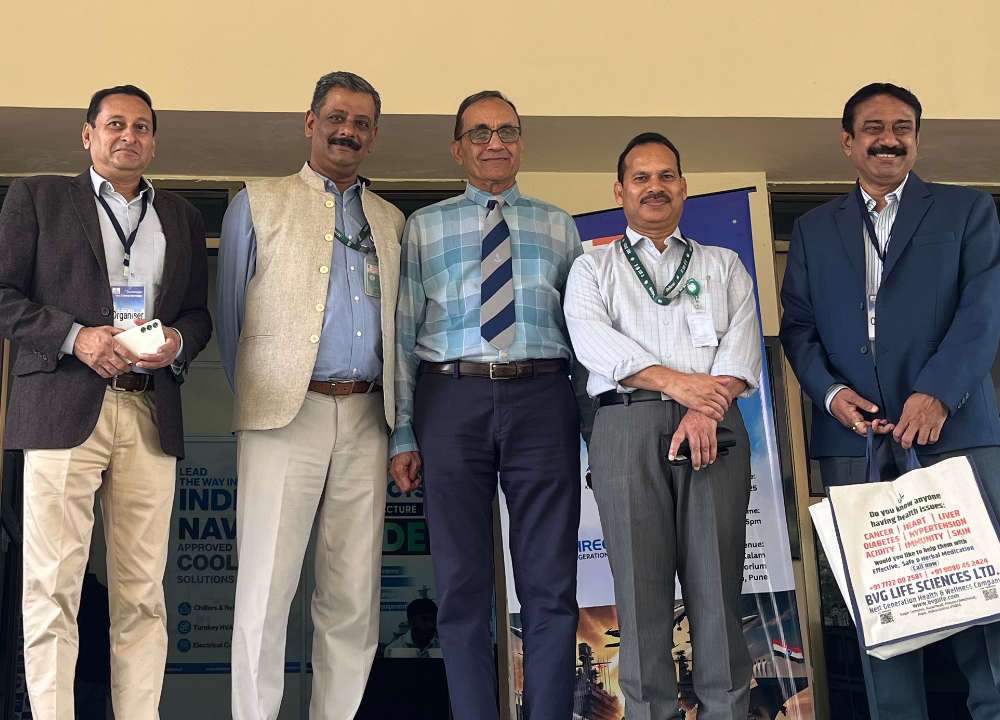The Indian Semiconductor Mission (ISM) is anticipated to receive a second budgetary infusion of up to $10 billion, as disclosed by a senior official. This additional funding might be essential if the central government approves a substantial chip fabrication project proposed by Israeli firm Tower Semiconductor in partnership with the Adani Group, alongside several other proposals currently under review. Senior officials have indicated that the ISM’s initial funding, which amounted to $11 billion, is nearing exhaustion.
The first phase of ISM funding facilitated several significant projects, including the chip fabrication unit announced by the Tata Group and four additional proposals for chip assembly facilities. Recently, the Maharashtra state government sanctioned a $10 billion semiconductor fabrication unit by the Adani Group and Tower Semiconductor, slated to be established in Panvel. This unit is expected to have a production capacity of 80,000 wafers per month.
An official mentioned that New Delhi is currently awaiting a formal proposal from Tower Semiconductor, with Adani Group as its partner. Although there has been informal communication about this potential partnership, an official proposal is still pending. The ISM, which operates under the Digital India Corporation and focuses on enhancing the country’s semiconductor manufacturing, packaging, and design capabilities, was initially launched in 2022 with a budget of $10 billion.
“The second phase of the ISM is expected to be announced soon, with funding likely to mirror the previous phase. Additionally, two more proposals are anticipated to receive approval,” stated one of the officials. The official added that with Tower Semiconductor now having a joint venture partner (Adani) and state government approval (Maharashtra), the final proposal details will be examined by the ISM before making a decision based on technical criteria.
Several other proposals are also under consideration, including those related to semiconductor chip assembly. If the Centre needs to provide a subsidy for the Adani-Tower project, it will have to request additional funds from the Finance Ministry. Under the ISM initiative, the Central Government covers approximately 50% of the capital subsidy, with state governments contributing an additional 15-25%. The specific amount of subsidy approved by the Maharashtra government remains unclear.
Late Thursday, Maharashtra’s Deputy Chief Minister Devendra Fadnavis announced on social media that the state had approved a $10 billion (Rs 83,947 crore) investment proposal by Tower and Adani Group to establish a chip fabrication unit in Taloja, Panvel. This unit, situated in the Navi Mumbai suburbs of Raigad district, will have an initial capacity of 40,000 wafer starts per month, increasing to 80,000 WSPM in the second phase. The total investment will be Rs 58,763 crore for the first phase and Rs 25,184 crore for the second phase.
The Adani Group has a history of collaboration with Israeli companies, including operating Haifa Port and partnering with Elbit Systems for defense and aerospace projects. This existing relationship is expected to facilitate the technology transfer needed for the semiconductor venture with Tower Semiconductor.
Parv Sharma, a senior analyst at Counterpoint Research, believes the partnership with Tower is beneficial for Adani, as it combines the Israeli company’s expertise with Adani’s resources. This investment marks the second semiconductor fabrication unit in India after Tata Electronics, potentially focusing on mature nodes similar to the Tata project.
Under the ISM initiative, the government has approved a $11 billion proposal by Tata Electronics for a semiconductor unit in Dholera, Gujarat, and three OSAT/ATMP facilities, including one by Micron Technology. The government has also greenlit a chip assembly unit by Kaynes Technology in Sanand, Gujarat, with an investment of Rs 3,307 crores.
Tower Semiconductor’s proposal, which had faced delays and obstacles, is now being reassessed with the inclusion of the Adani Group. This collaboration signifies a strategic move by Indian conglomerates into advanced technology sectors, following similar expansions by companies like Reliance. The entry of Adani into semiconductor manufacturing reflects a broader trend of Indian firms diversifying into high-tech industries.








